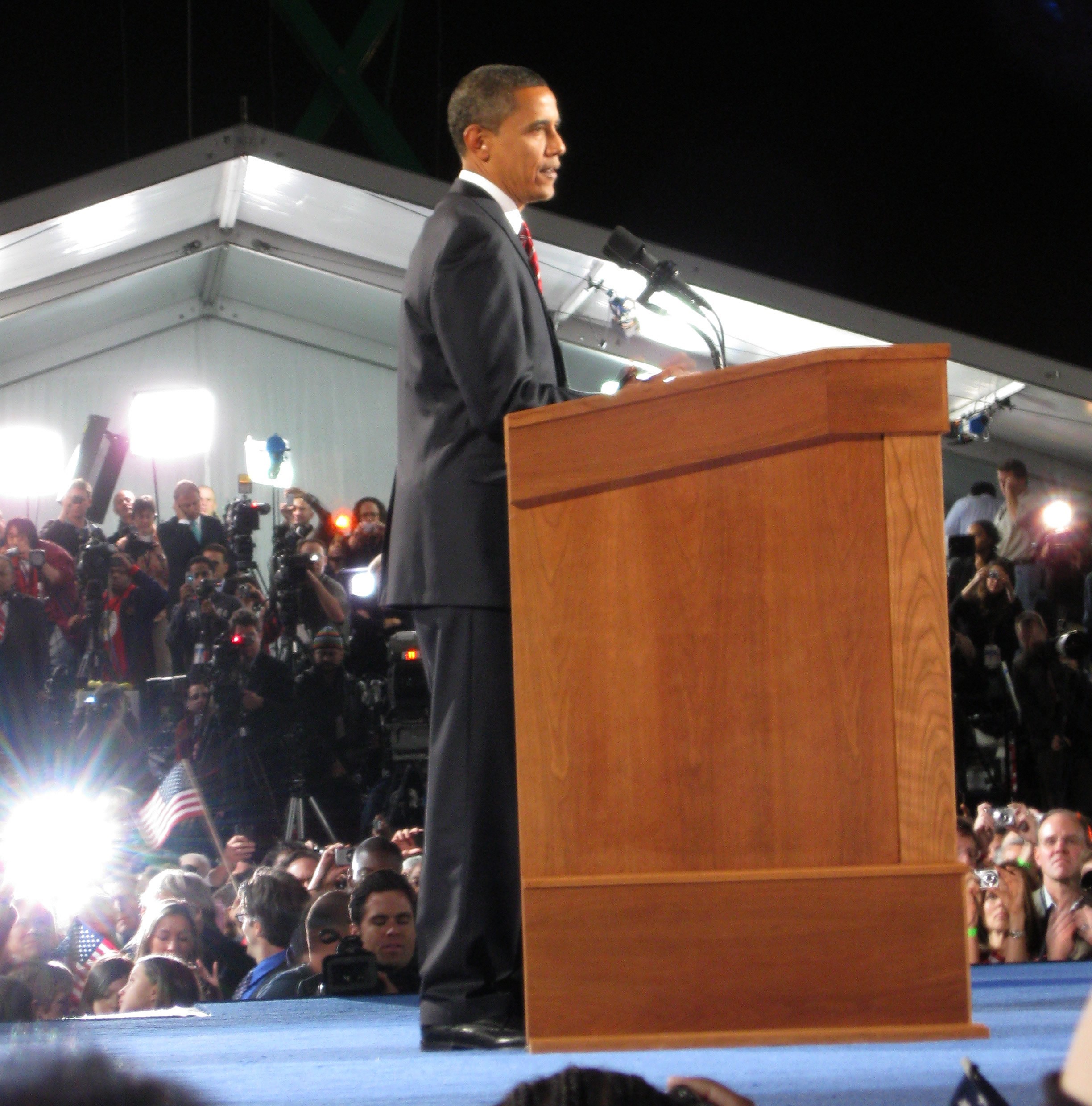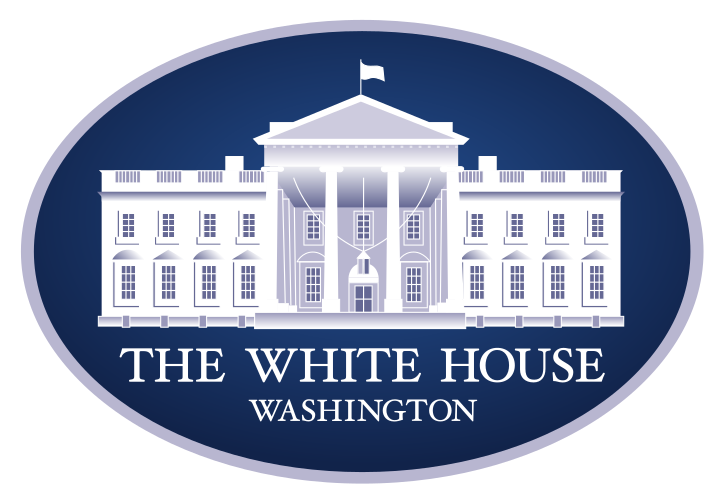 Although it will probably not be the 11th, when most are reading this, we would like to take an opportunity to recognize that it is Veterans Day. Unique among most federal holidays in that it does not float to the nearest Monday, Veterans Day was established to commemorate the end of major fighting in World War I. Their sacrifice is not diminished or emboldened by the motives or reasons behind their mission, but that sacrifice is always worthy of our thanks and appreciation.
Although it will probably not be the 11th, when most are reading this, we would like to take an opportunity to recognize that it is Veterans Day. Unique among most federal holidays in that it does not float to the nearest Monday, Veterans Day was established to commemorate the end of major fighting in World War I. Their sacrifice is not diminished or emboldened by the motives or reasons behind their mission, but that sacrifice is always worthy of our thanks and appreciation.In our second part in looking at the midterms aftermath, we turn west on Pennsylvania Avenue the 1600 block. Again, the conventional wisdom is that this election was a referendum on the policies of President Barack Obama. That wisdom may be true to the extent that the left is disappointed and the right emboldened.
It is difficult to exactly place where the Obama administration went off the rails that led to some of the steepest midterm losses for a sitting president in recent memory. The conventional wisdom does not fully explain what happened because the intuition is that Obama steered right (in the left’s eyes) while simultaneously unveiling his true malevolent side as an arch-socialist (in the eye’s the right, err, far right). The answer lies in several places.
 It should surprise nobody that this blog does not think that Obama sent this country flying to the left. That sensation, especially for those on the right, is no doubt due to how we had drifted right ward during eight years of Bush. In other words, if you start off eight feet from the center and suddenly get knocked ten feet left, you feel like you’ve just undergone a massive shift. In fact you are a mere two feet to left; only a fourth as liberal as you were conservative. This sensation, coupled with a worsening economy no doubt stirred the tea partiers to action; that and the investment of two uber-wealthy brothers.
It should surprise nobody that this blog does not think that Obama sent this country flying to the left. That sensation, especially for those on the right, is no doubt due to how we had drifted right ward during eight years of Bush. In other words, if you start off eight feet from the center and suddenly get knocked ten feet left, you feel like you’ve just undergone a massive shift. In fact you are a mere two feet to left; only a fourth as liberal as you were conservative. This sensation, coupled with a worsening economy no doubt stirred the tea partiers to action; that and the investment of two uber-wealthy brothers.Republicans made clear early on they had little interest in playing with the President…well almost all of them made that intention clear. Little remained of any moderate wing of the Republican party and what did remain like Obama’s eventually successor in the Senate, Mark Kirk, had little or no motive to join House Democrats. Why risk the leadership’s wrath? (although even common sense votes and cooperation would come back to bite some Republicans). Some hope remained in the Senate.
While a broad Republican vote for health care was at beast, doubtful, a handful could have joined for at least some token bipartisanism. Susan Collins, Olympia Snowe, maybe even George Voinovich and some others could have joined, but something happened. Yes, they walked away, but more importantly, the left began leaning too hard on some points like the public option. But Snowe supported a form of the public option, so what happened? Well, we are not sure, exactly, but what we do know is that the left began to circle its wagons on things like public option, only to not get it.
This is an Obama failure and here’s why. Obama left too much
 legislating up to Congress. He underestimated both the corrupting power (not corruption) of a massive mandate on liberals in Congress and the disparity of opinion within his party. Consequently, the Democratic majority had become the vary thing they had abhorred under the Republicans’ thumb: a partisan majority. Had Obama exerted his influence on Congress to keep Snow and Collins together at all costs, it might have at least left the appearance of bipartisanship while delivering other legislative achievements with the help of Maine’s Senators and Lindsay Graham.
legislating up to Congress. He underestimated both the corrupting power (not corruption) of a massive mandate on liberals in Congress and the disparity of opinion within his party. Consequently, the Democratic majority had become the vary thing they had abhorred under the Republicans’ thumb: a partisan majority. Had Obama exerted his influence on Congress to keep Snow and Collins together at all costs, it might have at least left the appearance of bipartisanship while delivering other legislative achievements with the help of Maine’s Senators and Lindsay Graham.It would be during this time that the tone reached fever pitch and the wheels came off the wagon. The forces against reform, or really change of any kind, had been marshaled. Deals would need to be brokered among Democratic Senators and then Massachusetts had a spasm catapulting a little known millionaire who drove a truck into the Senate. The damage had been done, but Obama thought he could ride it out, until the economy started sputtering as state after state started unloading employees absent better tax returns.
Still, Obama is taking the whole mess a bit too hard. One picture showed a picture of the president after the midterms, his often beaming face contorted into something uncharacteristically downtrodden. If there is one coherent message to be gleaned from the election, it was a call for politicians to get something done and therefore work together. That does not mean, however, that the President roll over and let the Republicans devour and leave him for dead in 2012. No doubt, Obama, man before president, feels a great deal of guilt for the losses Democrats, perhaps some in particular, suffered.
However, Mr. President, the time has come to stand up, to prepare for war…or peace as needed.
 Obama does not need to betray the spirit, if not all the promises of his campaign to recapture its spirit and deliver the American people some of the true changes that it needs and can ill-afford to go without. Some of those things, he simply cannot achieve legislatively, but others he may. We said before that John Boehner may not be a wholly unreasonable man or politically partisan hack. Mitch McConnell probably is, but his caucus is more rambunctious than ever. This arithmetic could be used to Obama’s advantage, yet.
Obama does not need to betray the spirit, if not all the promises of his campaign to recapture its spirit and deliver the American people some of the true changes that it needs and can ill-afford to go without. Some of those things, he simply cannot achieve legislatively, but others he may. We said before that John Boehner may not be a wholly unreasonable man or politically partisan hack. Mitch McConnell probably is, but his caucus is more rambunctious than ever. This arithmetic could be used to Obama’s advantage, yet.The first battle lines to be drawn, a point where he can win, he is right, and it will give a semblance of life back to his base is tax cuts. While some on the left say he should be uncompromising in letting the cuts on the richest 1-2%, the truth is he can compromise and still pull off the bigger win.
It is the opinion of this blog that no extension would have virtually no impact would be felt on the economy. However, there is little doubt that the economy is fragile and keeping that tax cut intact for one year, and one year only, would be a small insurance policy for better economic health. A longer extension of the other tax cuts would also permit the cuts on the wealthy be disconnected from the broader tax policy until the country’s temperament is such that an extensive revision of the tax code can be performed rationally.
Should tax cuts on all, but the wealthy be retained, the wealthy cut a tax cut, too. One of the quirks of a progressive tax system is that a tax cut for the bottom bracket is really a tax cut on all brackets, just not a cut beyond the income threshold for the next bracket. So a cut on all, but one bracket is a cut for the top bracket just not as big of a tax cut.
We may not have explained that in the best way possible, but that leads us to the next point that is point a retroactive criticism and a guide looking forward for the president. Many in the president’s staff did their best work during a campaign, but made the mistake of thinking that once they were in office the onslaught would stop or at least people would love President Obama just as they loved candidate Obama. Because of this and any number of other factors, the president machine simply failed.
Communications, political affairs, legislative affairs, and other
 image-making divisions of the White House failed to prepare for sharp, ideological opposition, unwilling to move and ever-willing to mutilate the truth to get power. The president must recognize this and demand better from his staff or find advisors who can deliver it. It may require parsing through the Democratic rolodex and even reshuffling some close advisors, but if successful, he need no resort to the “triangulation” that defined some much of the Clinton administration after the 1994 midterms.
image-making divisions of the White House failed to prepare for sharp, ideological opposition, unwilling to move and ever-willing to mutilate the truth to get power. The president must recognize this and demand better from his staff or find advisors who can deliver it. It may require parsing through the Democratic rolodex and even reshuffling some close advisors, but if successful, he need no resort to the “triangulation” that defined some much of the Clinton administration after the 1994 midterms.The President can be firm, he can be passionate, and he can be a champion, the Republican majority be damned. Indeed, he must be. More conciliatory bipartisanship will simply encourage the Republicans to attempt making the President irrelevant (luckily they lack the Senate to do so). He tried that these past two years and it did not work. In fact, it delivered them the House. However, even Republicans are calling their victories a “second chance.” It is, which mean Obama has far more power than he realized.
Obama can take heart, too. While not wildly popular, Governor Deval Patrick recovered from a nadir during a recession, to defeat a seemingly unbeatable challenger. Two years is a political lifetime or three and Obama has the advantage of sitting out a bloody primary. Patrick’s victory shows how quickly a state (or country) can turn…and then turn back!
*All photos from wikipedia. First Obama photo from 2010, Second photo from left Senators Collins and Snowe, Third photo of Obama during 2008 campaign.






No comments:
Post a Comment